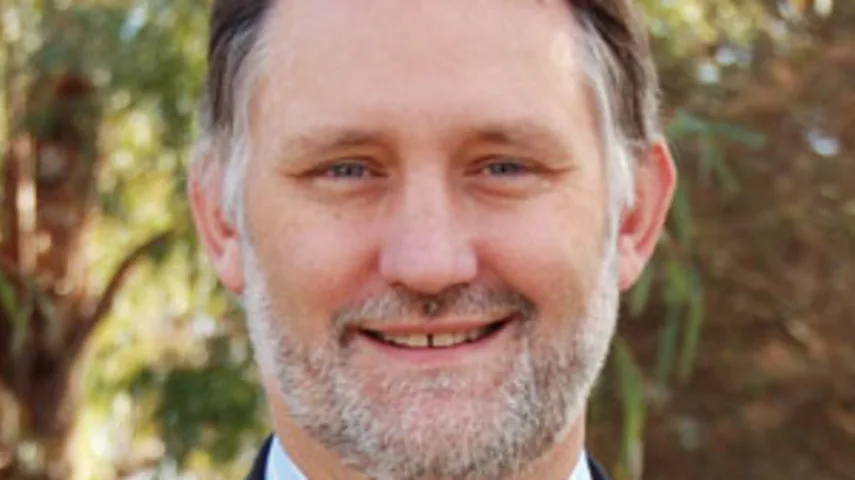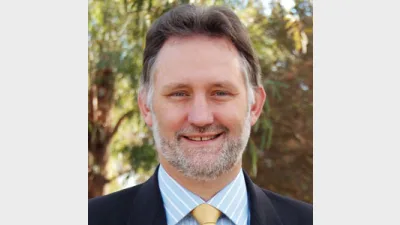Planning industry hot for pro-bono



A group of boutique financial planning businesses is planning to launch a pro-bono advice service for people in need, which could be beneficial to the financial planning industry as a whole.
Premium Wealth Management managing director Paul Harding-Davis is spearheading the soon-to-be-launched program, which he said captured some of the elements of the very successful initiative launched by AMP in 2010.
AMP partnered with the Cancer Council in 2010 to provide pro-bono advice to people suffering from cancer.
It was initially rolled out in New South Wales, but now runs around the country and is soon to be launched in Queensland, according to director of financial planning advice and services at AMP, Steve Helmich.
"It's been a revelation. I think it's helped some of our planners understand the value they really add, but also it's been tremendous for people who are facing one of the greatest challenges in their life," Helmich said in a speech at recent breakfast function organised by the Financial Planning Association in conjunction with Money Management.
"It's strictly pro-bono, planners have to be accredited to do it. We have an accreditation course they must complete to be part of the program; the program has helped our planners understand how they can add value beyond the statement of advice," he added.
"I should say, we write an SOA in probably 1 in 10 cases — the advice is pretty much around doing the legwork, digging around and chasing up the super funds."
Launching projects like pro-bono advice is one of the best ways to demonstrate the value of advice, according to Harding-Davis.
The Financial Planning Association (FPA) has a pro-bono service of its own which allows members to support victims of natural disasters such as bushfires and floods.
In addition to that, the association had also launched Ask an Expert Week this year, which utilises social media to engage potential clients by providing them with free one-off financial advice.
But for a boutique to do this well, there needs to be a more common approach across the industry, Harding-Davis said.
"We need to have the resources to cope, on our own, with a large number of people which could be flooding in through a national group," he said.
Service standards around the delivery of pro-bono advice, response times and compliance also needed to be put in place.
"I think you need standards around who the advisers who get involved are," Harding-Davis said. "They need to be committed and enthusiastic and they need to be willing to meet the standard. You need to be sure that they've been through some training around those processes and policies and standards."
Recommended for you
ASIC has released the results of the latest financial adviser exam, held in November 2025.
Winners have been announced for this year's ifa Excellence Awards, hosted by Money Management's sister brand ifa.
Adviser exits have reported their biggest loss since June this week, according to Padua Wealth Data, kicking off what is set to be a difficult December for the industry.
Financial advisers often find themselves taking on the dual role of adviser and business owner but a managing director has suggested this leads only to subpar outcomes.











